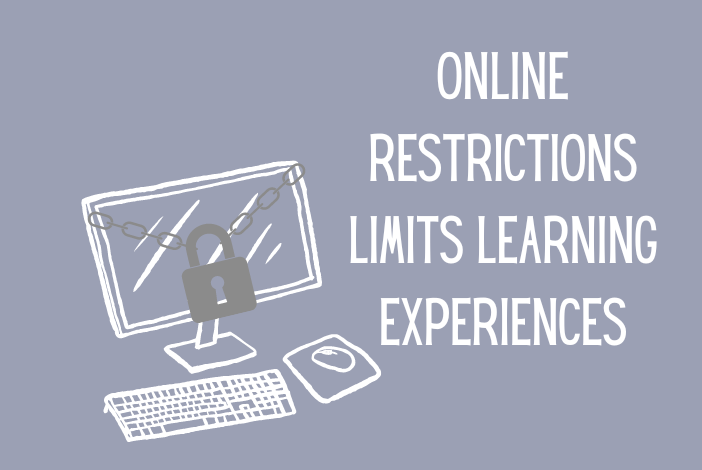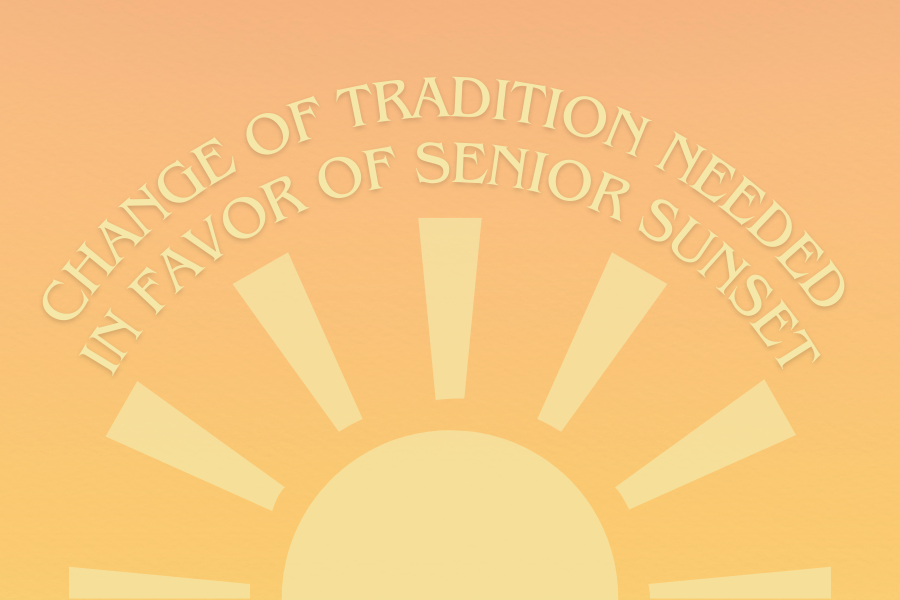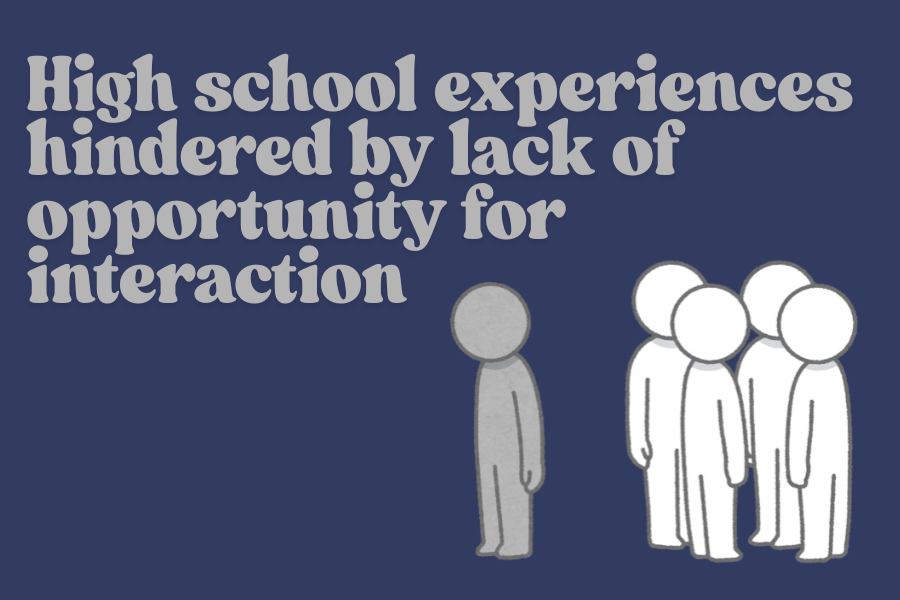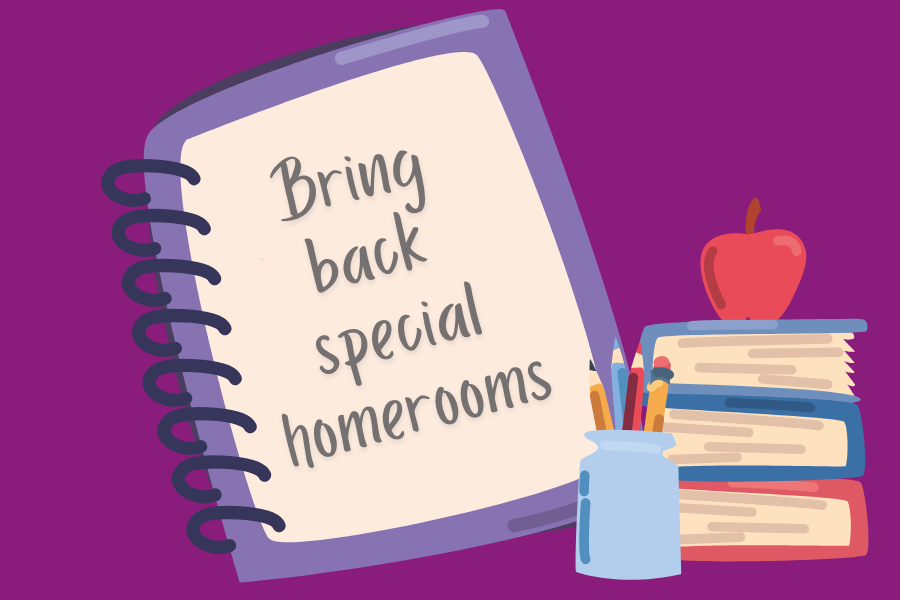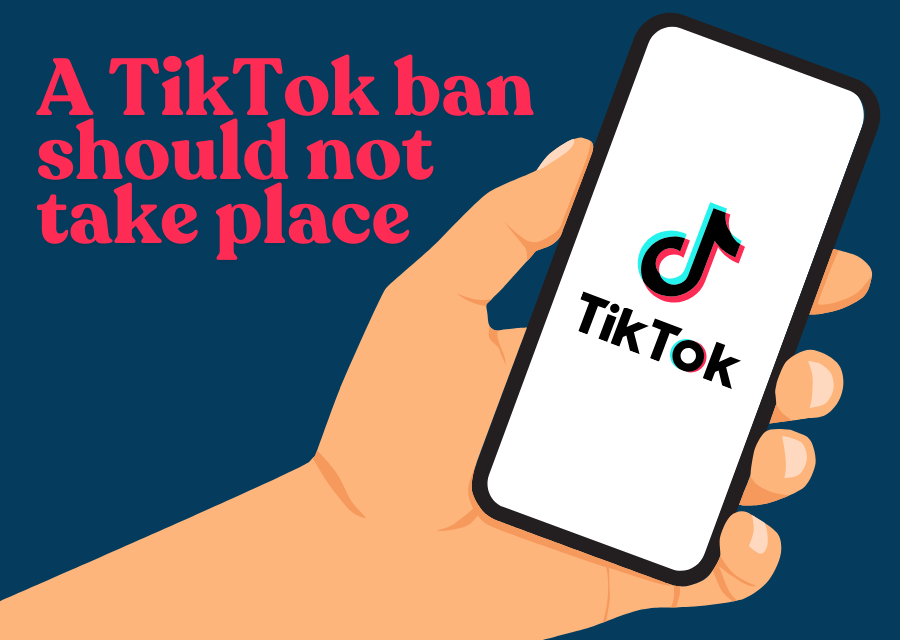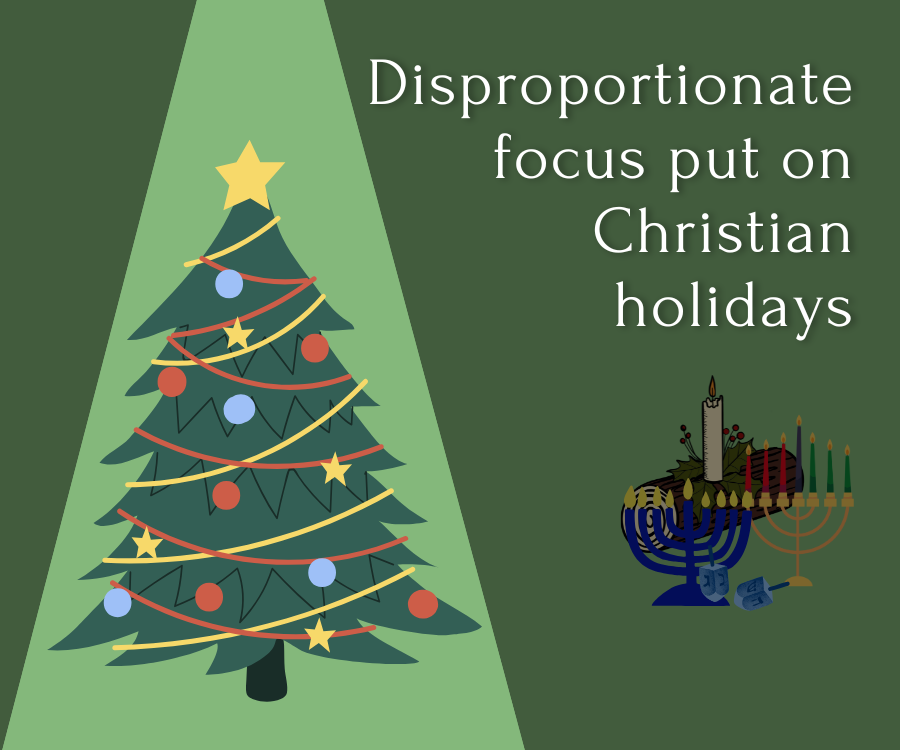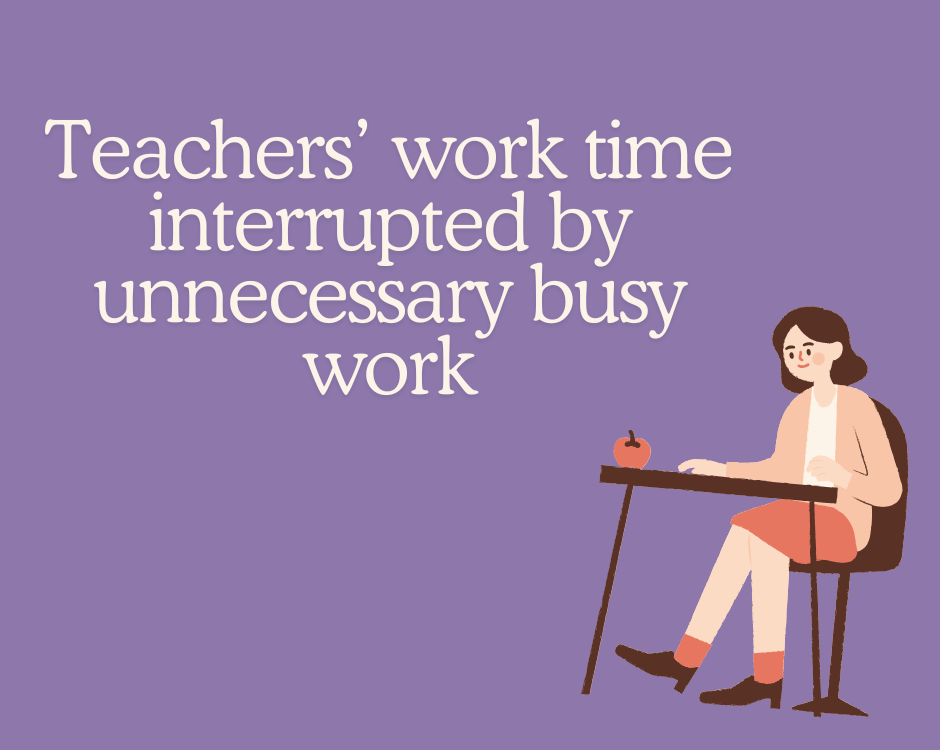In 2000, concerns regarding children’s internet access grew. A year later, Congress enacted the Children’s Internet Protection Act (CIPA) to combat worries about obscene and harmful content. All schools and libraries are required to follow the act in order to receive discounted prices for internet equipment.
The Altoona Area School District follows the CIPA guidelines by filtering all internet access. All grades from kindergarten to senior year have the same websites and material prohibited. While following the protocol for students’ protection, there is no distinction between the filtering systems for different grade levels and teachers. Because of this, important and necessary materials are lost.
One issue with the system is that the same filtering system is applied district-wide without regard to age, grade or position, with the exception of those granted special access for approved investigations. This means that all students and staff are blocked from accessing the same websites. There’s an obvious issue with this because of the differences in mental developments between kids, teenagers and adults. Elementary students are less mature and responsible, so they are more likely to make dangerous choices online. It makes sense to have a variety of restrictions placed on their internet usage. However, high schoolers have a more rational thought process, although not fully developed, so they make more responsible choices. It’s unfair to group kids, teenagers and adults all into one group based on what the least responsible age group can see.
While rational thinking grows with age, so does the ability to handle more mature topics. While some topics need to be blocked for all users, there are others that don’t. Younger students are more sensitive to graphic information, but by the time they enter high school, students are better equipped to talk about those topics. For example, most people won’t bring up concepts such as drugs, violence or death to kids. These are hard ideas for younger kids to grasp, and they can be overwhelming for them. Older students, on the other hand, are able to talk about these ideas and learn about them. Teachers and parents are encouraged to talk to teenagers about topics like those, so they can have a safe and informative introduction. The same comparison should be applied to the internet access students have. Heavier topics become a part of class discussions, and information needs to be accessible.
One of the biggest complaints from the filtering system is the inability to find adequate information. Students and teachers use the internet daily to help with projects, reports, ideas and lesson plans. When the district blocks useful websites, valuable information is taken away from the resources students and staff are given. It can become exhausting when there’s a website that has necessary information, but it becomes useless because a student can’t access the website. The same happens with teachers. Teachers will assign work only to find out later the resources are blocked through the district’s filtering system.
While blocking websites does play a necessary role in the protection and safety of students, there are imperfections in the system that end up creating more issues for students and staff. Policymakers need to take into account the differences in maturity of students and the right to access certain resources.


